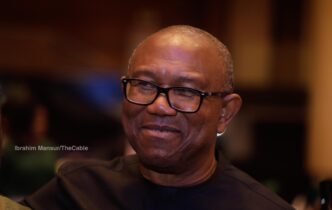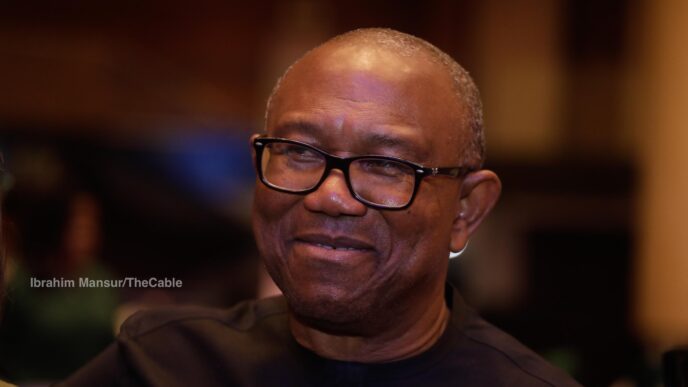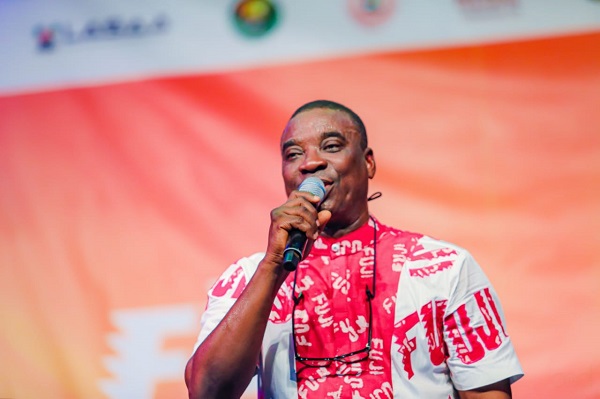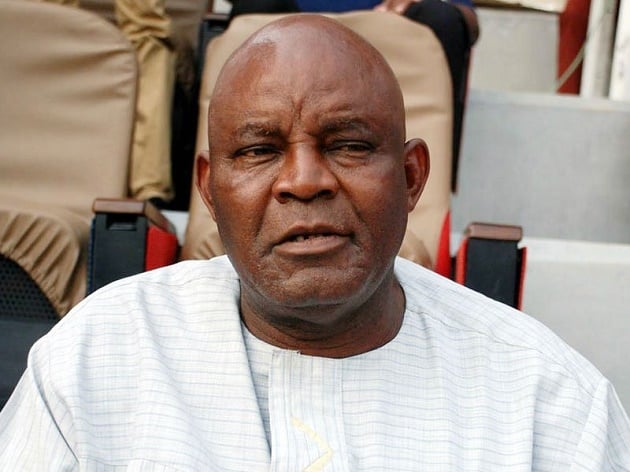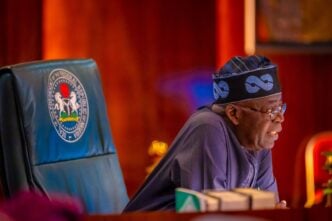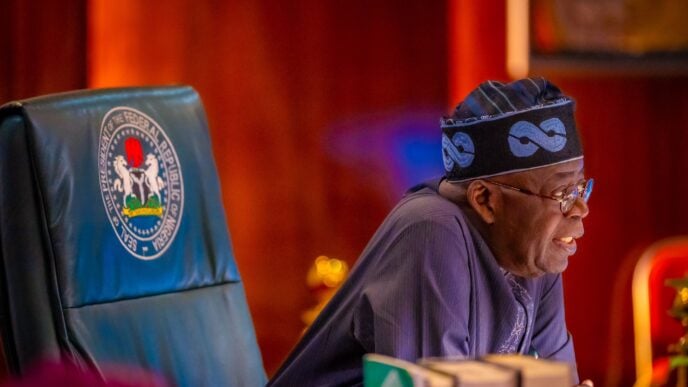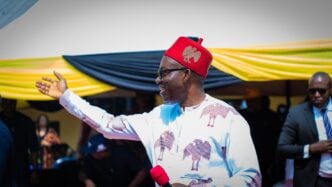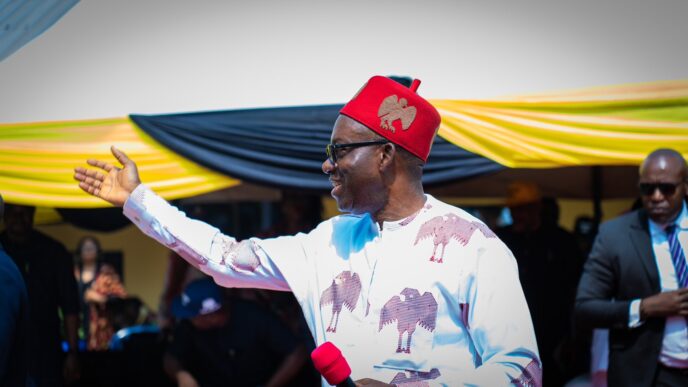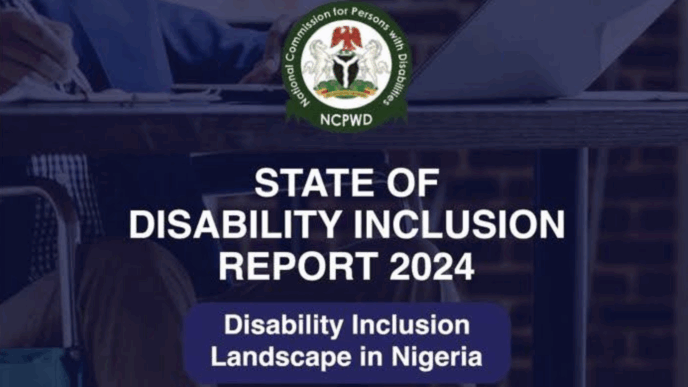In today’s Nigeria, a particular type of advertisement has become common, revealing a darker story beneath its glossy surface. For instance, I got an advert on WhatsApp this morning for a “very clean, neatly used in Nigeria 2012 facelifted to 2020 Lexus GX460 luxury edition SUV” with a price tag of N26.5 million.
On the face of it, this is a pitch for a prestigious, luxury vehicle, laden with gadgets and promising a certain status. However, a closer look at this advert uncovers a disturbing narrative about how poverty and social insecurity are exploited in Nigeria, twisting the aspirations of the populace into a tool for exploitation.
The most glaring detail is the claim that a 2012 model has been “facelifted” to resemble a 2020 version. In reality, this is a purely cosmetic deception. The seller may repaint panels, swap badges, and install new screens for entertainment, but the car’s fundamental components—its engine, frame, safety features, and core architecture—remain those of a 13-year-old vehicle.
These superficial “upgrades” do nothing to improve the car’s reliability or its underlying technology. Yet, these claims are used to justify an exorbitant price tag, preying on buyers who are desperate for the social recognition that a newer-looking luxury car promises.
Advertisement
The conversation sparked by such adverts cuts to the very heart of Nigeria’s social dynamics. As one commentator remarked, “One of the things about being poor is being exploited,” while another noted that the advert “preys on our need for social acceptance and validation”.
Therefore, the price is not just a financial burden but a psychological one. In a society where success is often judged by outward displays of wealth—such as owning a large car, wearing designer clothes, or living in an opulent home—the need for validation becomes a significant vulnerability.
Sellers understand this dynamic perfectly. They apply minor cosmetic changes and demand inflated prices, knowing that the market’s deep-seated insecurity will guarantee a demand for the product, irrespective of its actual value. For the majority of Nigerians, ₦26.5 million is a vast sum, often representing a white-collar worker’s entire lifetime earnings. The paradox is that this fortune is being spent on a single, ageing SUV. The practical utility of such a vehicle for most Nigerians is highly questionable, given the high cost of petrol, the poor state of the roads, and the astronomical maintenance costs.
Advertisement
This phenomenon highlights what could be described as “facelift fraud,” an industry built on deception. Because many consumers lack extensive knowledge of automotive engineering and are driven by a desperate desire for social validation, fraudulent sellers can thrive. The local culture has created a “Nigerian Trap,” where appearances take precedence over substance.
Owning a “2020” Lexus, regardless of its true age, is a signal of having joined the successful elite. This widespread pursuit of status has led to exploitative markets and a population burdened with unreliable, outdated goods at the price of new ones. This pattern extends beyond cars to other sectors, including clothing and real estate, where sellers continuously weaponise insecurity against the most vulnerable.
This exploitative cycle also points to a more profound issue: “mental poverty”. This is not simply a lack of money but a deficiency in critical thinking, self-worth, and a healthy scepticism. When a society values superficial labels over true substance and seeks validation through possessions rather than genuine achievements, these exploitative dynamics become inevitable.
Mental poverty leads to a cycle of negative outcomes for society. Individuals make poor purchasing decisions, overspending on appearances rather than facts. The market becomes saturated with scams and substandard products, which drags down overall quality. Ultimately, societies stagnate because people’s efforts are channelled into chasing status instead of pursuing real, meaningful progress.
Advertisement
Breaking this vicious cycle requires a significant investment in education, self-awareness, and cultural reform. Nigerians, like people in any society, must learn to distinguish between genuine success and its fraudulent imitation. Empowered and critical thinking are the essential antidote to this form of exploitation.
Nwanze is a partner at SBM Intelligence
Views expressed by contributors are strictly personal and not of TheCable.


